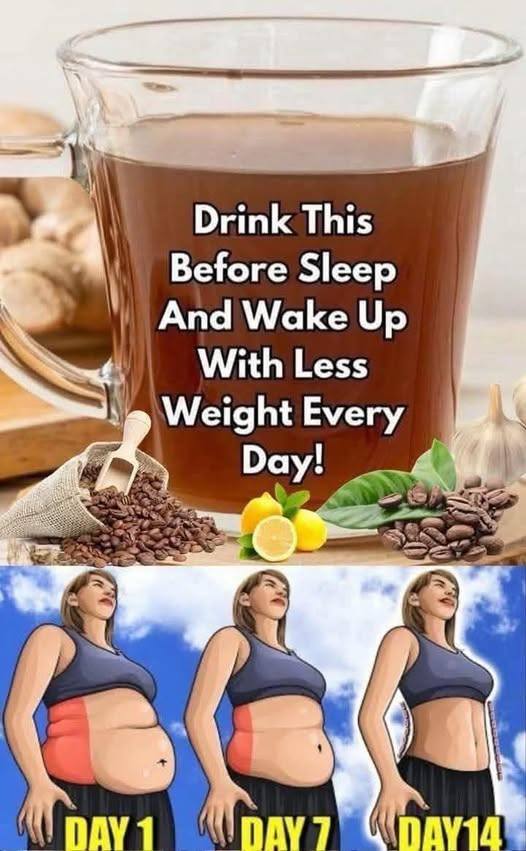It seems the claim you mentioned comes from some alternative‑medicine sources: potato juice is sometimes promoted by holistic practitioners as “killing cancer cells” and helping gastritis, diabetes, and liver issue
🧠 What the Evidence Says
Potato Juice
-
No credible clinical proof supports potato juice as a cancer treatment. The theory is a detox/alkalizing effect, but there’s no human trial showing it kills cancer cells or treats serious diseases like diabetes, liver disease, or gastritis .
-
It’s not recognized by oncologists or major medical bodies as cancer therapy.
Green Tea & EGCG
-
Green tea contains EGCG, a polyphenol that in lab models shows anti‑cancer, anti‑inflammatory, and blood sugar‑lowering effects
-
Population data suggest green tea consumption may reduce liver cancer risk, but this is associative, not causal
Milk Thistle (Silymarin)
-
Milk thistle is well-known for liver support, with antioxidant/anti-inflammatory properties and blood sugar improvements in some small studies
-
Some cell studies show anti-cancer activity in liver cancer lines, but this has not translated into proven therapeutic use .
Bitter Melon Juice
-
Preclinical trials—especially in pancreatic cancer—indicate bitter melon extract may help suppress tumor growth in animals or cell studies
-
But again, no human clinical trials back its use for cancer treatment or metabolic disease.
🔍 Conclusion
No beverage—including potato juice—has proven to kill cancer cells clinically or treat gastritis, diabetes, or liver disease in humans. Some natural drinks (green tea, milk thistle, bitter melon) show encouraging lab results and mild clinical signals, particularly for:
-
Green tea: catechin EGCG with anti‑cancer & anti‑diabetic
-
Milk thistle: liver support and blood sugar improvement
But none are endorsed by oncologists as a standalone cure. The only evidence-backed adjunct therapy of note is high‑dose intravenous vitamin C in some cancers (e.g., pancreatic), and even that is experimental, pending large-scale trials .
✅ Bottom Line for You
-
Be wary of dramatic claims (e.g., “kills cancer”)—they’re unverified for humans.
-
Natural drinks like green tea or milk thistle may offer supportive benefits, but are not substitutes for medical treatment.
-
Always discuss herbal supplements with your oncologist—they may interact with medications or conditions
